 22 Month Old Development And Milestones: What To Expect | theAsianparent
22 Month Old Development And Milestones: What To Expect | theAsianparentTop navigation Profile menuAccountExplore Parents Explore PUEBLO PREGUNTA PREGNANCY BABY NAMES BABY TODDLERBIG KID FONDO HEALTH PARENT FOODHOLIDAY OUR MAGAZINESMORE Profile menu Follow Us Your child from 22 to 24 months: best language " Motor skills Discoveries, frustrations, achievements... all are at stake for a little boy one day. Independence Toddler " Voice As your child approaches his second birthday, he is quickly becoming more independent. It's old enough to walk and eat helpless and to play a little on your own. You can even enjoy some quiet moments while your child puts your wrists to bed or kitchen in your play kitchen, imitating the actions of adults in your world. Understand the language Your child understands most of what you say and can follow two steps, like, "Please go upstairs and get your shoes." It helps you begin to understand the meaning of prepositions as "low", "in", and "round". But while 2-year-olds can take much of what you say, their understanding of the finer points remains agitated. Like anyone who learns a new language, "small children get nouns much faster than they get verbs," notes pediatrician Harvey Karp, MD, DVD creator and book The happiest Toddler in the block. That is partly because the nouns are concrete, while the verbs are constantly changing. For example, your younger child may have a difficult time to decide whether to use "run" or "ran" (or may say "run"). Although there is a certain similarity as children of 2 years understand, they vary wildly when it comes to the number of words they can say. Most have at least 50 words in their vocabulary, but some have up to 200 at their disposal, speak in simple sentences and even sing from their ABC. No matter how many words you have under your belt, it is enough to share your excitement while exploring the world. She can see her first caterpillar and tell her it's a "dog," or she may think the moon moves and dances with her and points for you to see it too. Your child's memory is better too; if you are in the car and she sees the sign for the zoo, she will be excited because she remembers the elephants and monkeys. Strong opinions Together, their 2-year rapid development skills to move physically in their world, socialize with others, and express themselves allow them to satisfy their curiosity in ways that they could not a few months ago. The personality of your little child emerges clearly when he begins to make known his preferences and opinions, if not always in words, then through his actions. As parents know, without a doubt, the same qualities that make so much fun to be around -- insatiable curiosity and strong opinions -- can create challenges and more than a little drama. You want me to wear your yellow jacket, but you insist it's a blue suit day. You want to pour his milk, but it falls apart when you try to get the jug out of his hands. In fact, these days your child's favorite phrase is "I do it!", whether you're getting a bowl of cereal or trying to zip his jacket. Of course, your yearning to do things by itself exceeds your skills - too often, the milk spills, the jacket takes forever to zip. I don't like parking. On the other hand, like your young child is eager to test his new skills by doing "big people" tasks, he also has a long list of things he would rather not do, and it is not shy to let you know! She refuses to pick up her toys, announces that the chicken she loved last week is "pestoso", and she resists going to bed, not because she is being bad or even rebellious, says Vera Frumin, MD, pediatric chair in the Health System of the Holy Redeemer, in Philadelphia, but simply because she is so determined to have things her way. And sometimes there is no rhyme or reason why he's digging his heels (you tell your son to put his coat on, and he refuses). What's going on? As children approach 2, they are beginning to understand the concept of rules. They know there's a difference between what they want and what they can have, but they still don't know how that decision is made. Therefore they are determined to test their limits -- and theirs. Your child announces that he will not use the coat, not because he is hot, but because he is driven to assert his preference (which in some cases is the opposite of what you want), and to see how important it is for you to wear the coat. Once things are intensified, all bets are off. "There's a reason the little boy in the Flintstones was called Bamm-Bamm," says Dr. Karp. "Small children are basically pointed-size cavemen. They walk like cavemen, grow like cavemen, and eat with their hands. Also, when they get angry, young children can really go wrong." For all these reasons, the challenge is a powerful tool in your child's declaration of independence. "The unreasonability of 2-year-olds is what surprises most people," says Dr. Karp. "What most challenges parents about this age is that they perceive their child as a rebel," adds Dr. Frumin. "But most of the time, it is only a child's learning process who is and how he can express it in the world." Tantrums, Memories & More Terrible Twos Life with a small child can be tempest: You never know when your problem about a transition, the inability to share a toy, or the strong desire for something you cannot have will erupt into a tantrum. You just know that your son can come from smiling at nanoseconds. No tantrum is nice. There are the breeders and the biteers, the thieves and the attackers, the shooters and the screamers. There are even children who hit their head on the floor. How often and how fiercely your child's pursuit of autonomy dissolves in a merger will depend to a large extent on two things: your individual temper and if your rabbis get the desired results. You will eventually learn how to cope with these storms. In the meantime, remember that tantrums are a natural part of development. "All young children show through their behavior what they cannot say in words," Frumin. "Sometimes rabies are the only way your child has to express his feelings because he has so little control over his impulses and emotions. The 2-year-old girl who falls to the ground kicking and screaming is not so different from the 5-year-old who complains because she is tired and less able to regulate her own behavior. "The most typical triggers of the pull include not being able to verbalize what they want, not getting what they want, or being tired or hungry. The best way to tame them is to stay calm and not yield. If your child has a meltdown because you say no to the sweets but then end up buying the chocolate to keep the peace, he has learned that the tantrums work. Total resources How much will your child remember about your years of young children? Several studies have shown that developing a good work memory and a sense of the past in front of the present by age 2, says researcher Robin Fivush, PhD, at Emory University in Atlanta. You can say, "Go swing", before you get to the playground, or protest if you skip a story page. Between 22 and 24 months, the memory of your young child will sharpen so that it can anticipate consequences for its actions. If you get in the car and she has a box of cookies, you may remember a stroke passed well enough to give you the box before she goes up to her car seat. The most exciting of all, your child's flourishing language skills allow you to start sharing memories with you. Fivush's research demonstrates that the conversation about the past helps children to create and remember narratives about their lives and develop "a well-founded sense of themselves in the world." Older children by age What the baby does:Mes 22: Understand the nouns better than the verbs, you can sharpen or chop, and start to understand the rules Month 23: You can pedal a tricycle, you can throw a ball, and follow two-step commands Month 24: You can deliver pages in a book and ask questions to keep a conversation goingHolly Robinson lives with his five children outside Boston. Originally published in the American Baby magazine, May 2006. All content here, including advice from doctors and other health professionals, should be considered as an opinion only. Always seek the direct advice of your own doctor regarding any questions or problems you may have regarding your own health or the health of others. American Baby Comments Participation options Comment on this project Log in Magazines & More informationConnectOther Meredith Sites View image
Important issues: Your child for two years How your child plays, learns, speaks, acts and moves offers important clues about the development of your child. Development milestones are things that most children can do for a certain age. Check the milestones your child has reached before the end of 2 years by completing a checklist with the free CDC mobile app, for and devices, or below. Take the checklist with you and talk to your child's doctor on every visit about the milestones your child has reached and what to expect later. What most children do for this age: Checklist of precious stones This article contains more than one image. Please scroll down to see all the images. Image 1 of 2 Image 2 of 2 This article contains more than one image. Please scroll down to see all the images. Image 1 of 2 Image 2 of 2 This article contains more than one image. Please scroll down to see all the images. Image 1 of 2 Image 2 of 2 Tell your child's doctor or nurse if you notice any of these signs of possible delay in development for this age and ask for a detection of development. Talk to someone in your community who is familiar with services for young children in your area, such as the public early intervention program of your state. For more information, or call 1-800-CDC-INFO. The American Academy of Pediatrics recommends that children be reviewed for general development using standardized and validated tools at 9:30 and 30 months and for autism at 18-24 months or when a parent or provider has a concern. Ask your child's doctor about the detection of your child's development. "Learn the signs. Early act." materials are not a standardized substitute, validated. Adapted from the care of your baby and young child: joy up to the fifth year, edition of Steven Shelov and Tanya Remer Altmann © 1991, 1998, 2004, 2009 by the American Academy of Pediatrics and Futures BRIGHT: GUIDELINES FOR THE SURVEY OF INFANTS, CHILDREN AND ADOLESCENTOS, Third Edition, edited by Joseph Paul Hagan, Jr., Judith S. Output notification / Liability policy

Little1 - Parents Favorite Online Destination. | Toddler milestones, Toddler development, 22 month old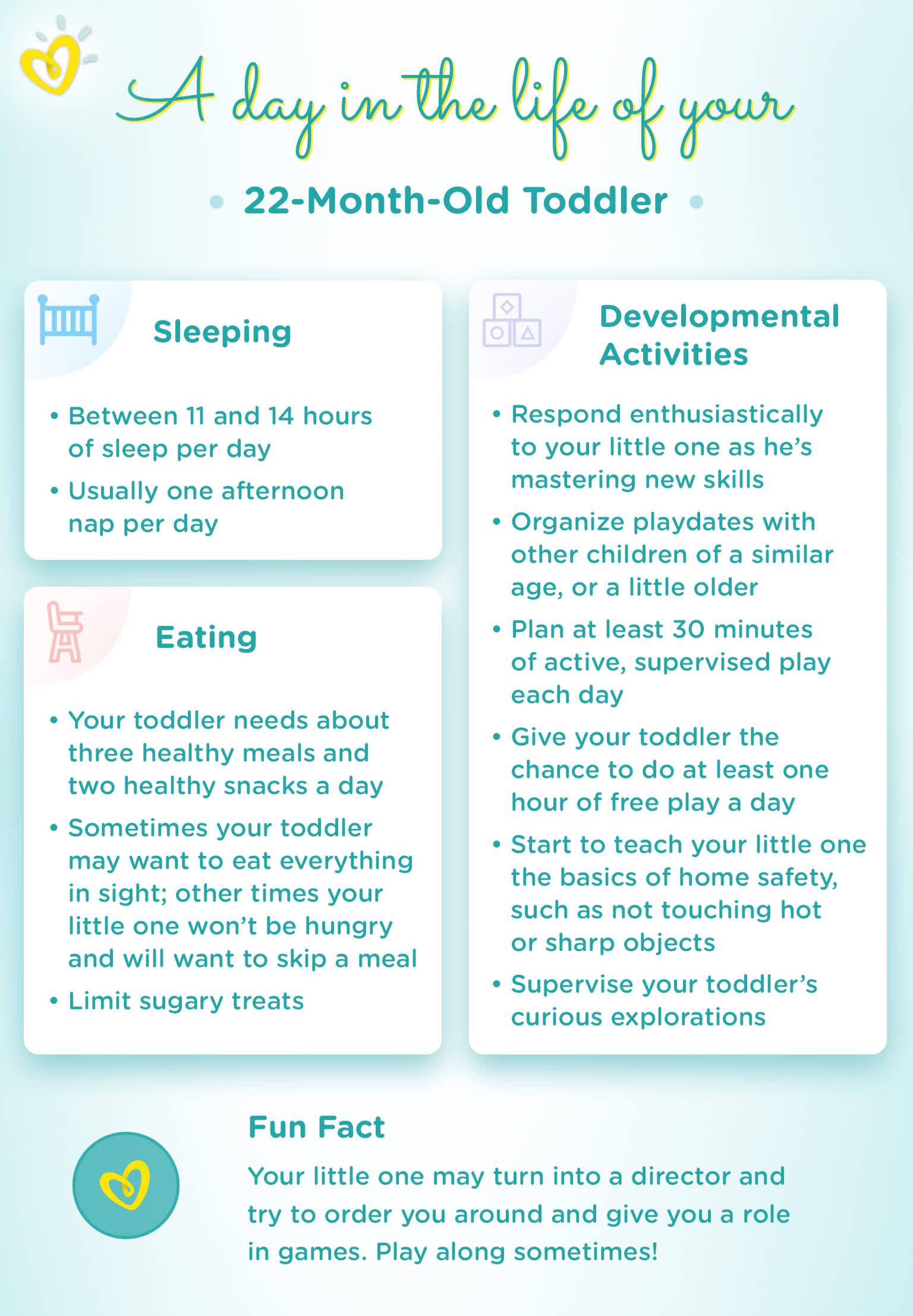
22-Month-Old: Development Milestones | Pampers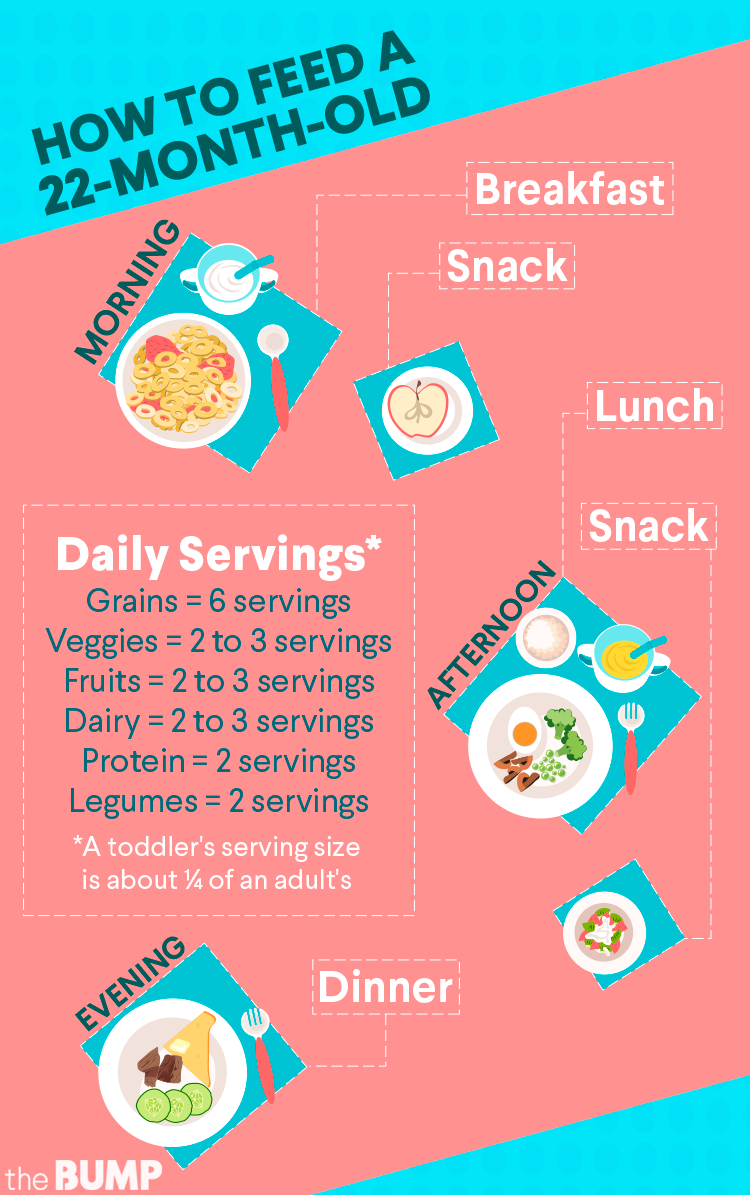
22-Month-Old Development Milestones: Toddler Month by Month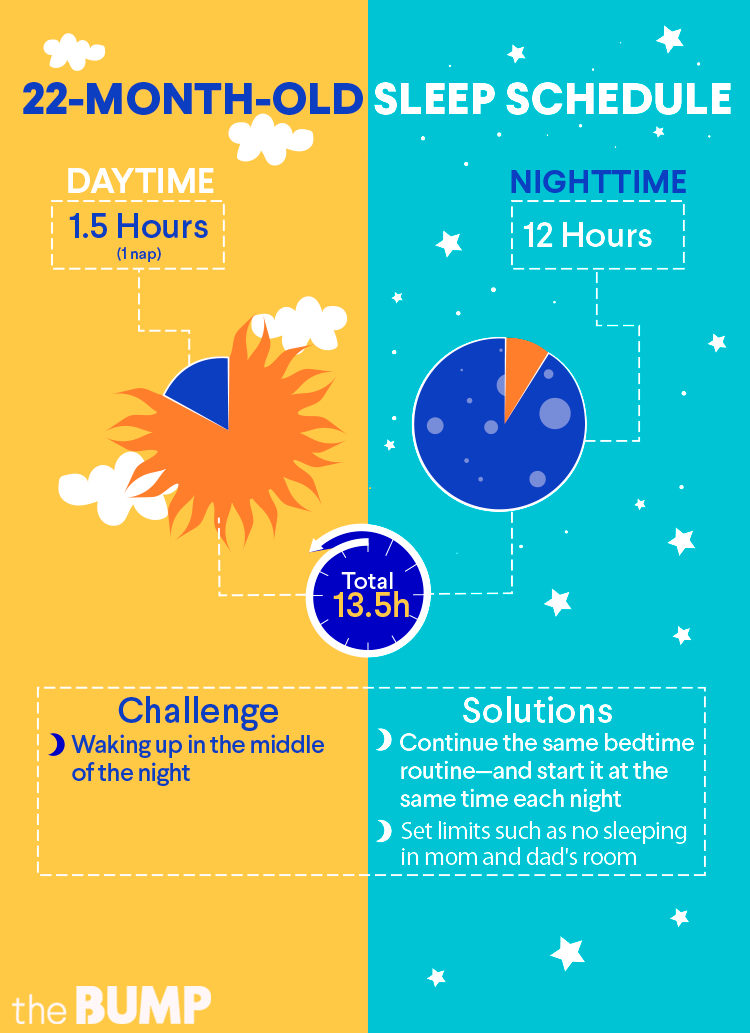
22-Month-Old Development Milestones: Toddler Month by Month
Developmental milestones: red flags for 20-24 months old | Developmental milestones, 20 month old milestones, Toddler activities 18 months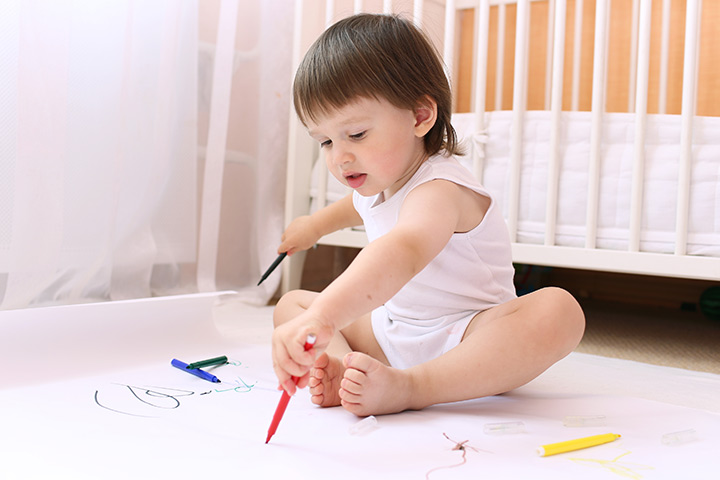
22-Month-Old's Developmental Milestones - A Complete Guide
Pin on Baby Milestone Monthwise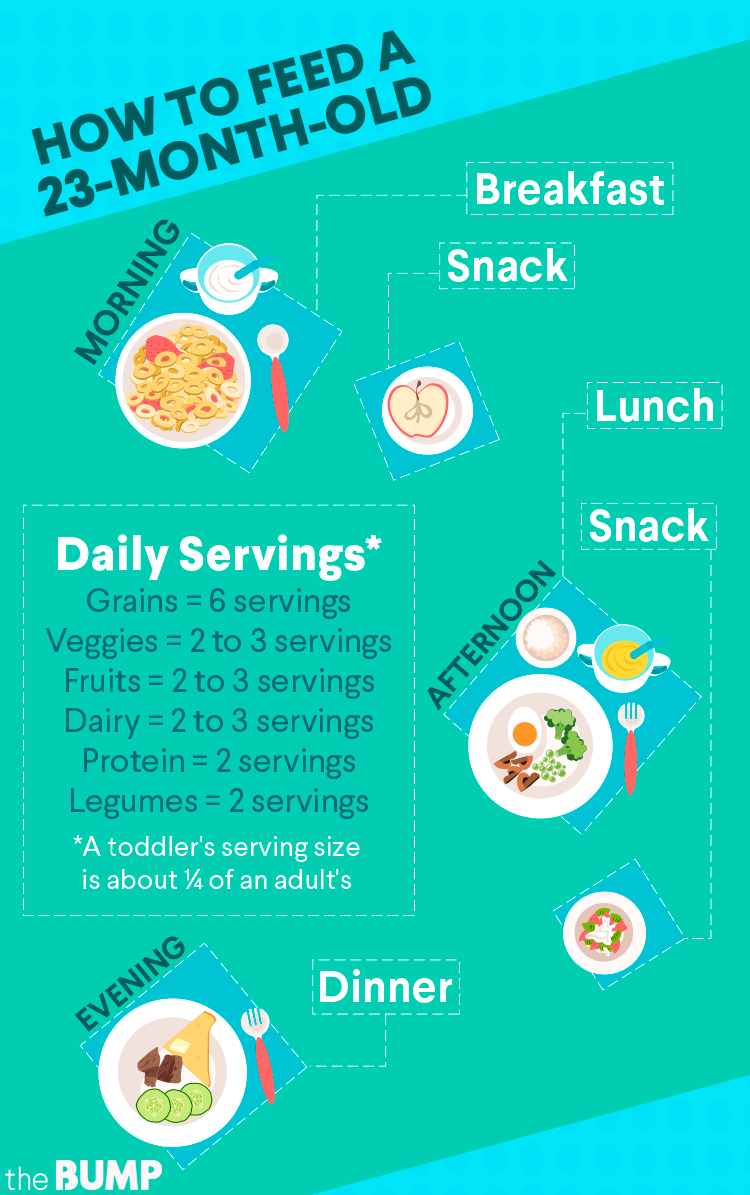
23-Month-Old Development Milestones: Toddler Month by Month
22-Month-Old's Developmental Milestones - A Complete Guide | Baby developmental milestones, 22 month old, Development milestones
22-Month-Old: Development Milestones | Pampers
22 month old not talking – Slow to Talk Toddlers | SpeechNet Speech Pathology
22 Month Old Baby Development - Child Development Guide | Emma's Diary/1449117-article-gifted-children-and-language-development-01-5aa81c37ba61770037a70b26.png)
Gifted Children and Language Development/babys-first-year-13-5ba291d046e0fb0050f4d7a3.png)
Your 7-Month-Old Baby: Development & Milestones
Your toddler: 22 months old
Your 22 Month Old Baby's Growth and Development - YouTube
Baby Milestones Guide - 1 to 24 Months | Baby milestones, Baby growth, Baby milestone chart
21 Month Old Baby Development: A Guide For Parents | theAsianparent
Tess is 22 Months Old | Toddler milestones, 22 month old, Baby month by month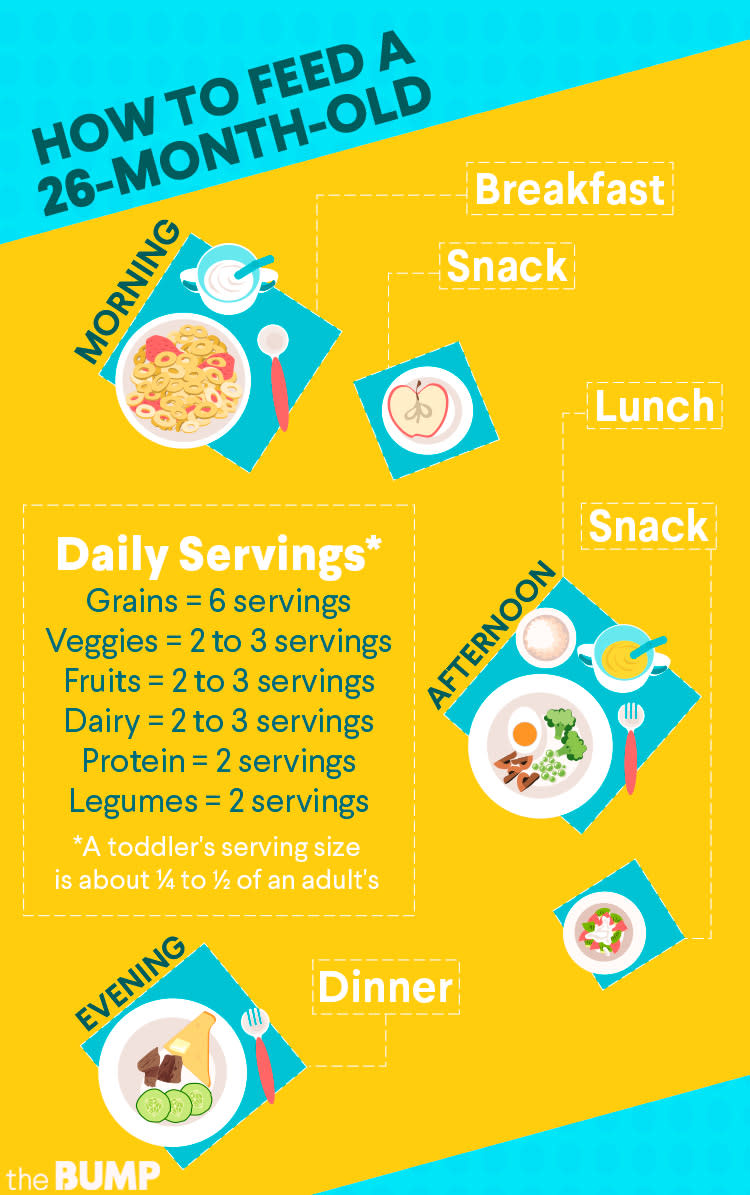
26-Month-Old Development Milestones: Toddler Month by Month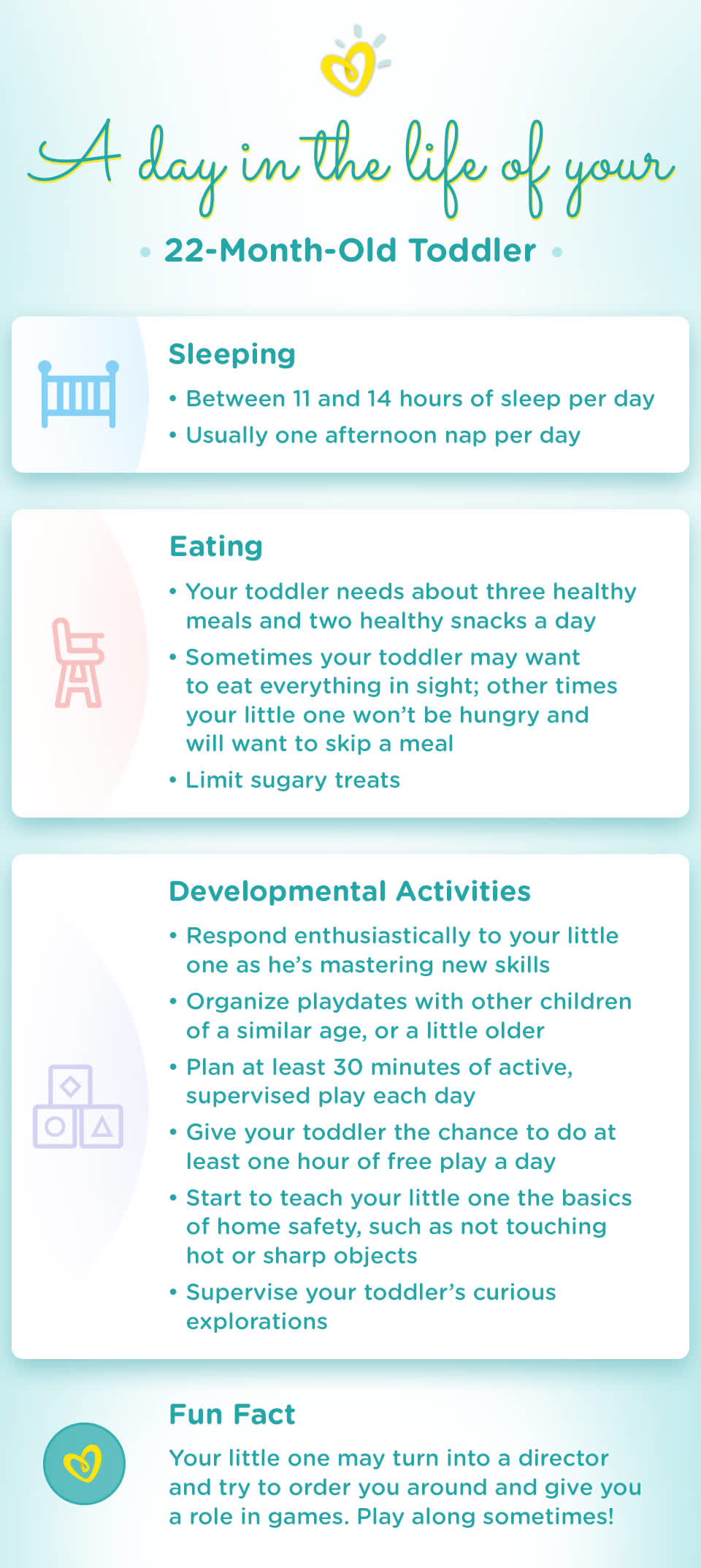
22-Month-Old: Development Milestones | Pampers
Milestone chart: 19 to 24 months - BabyCentre UK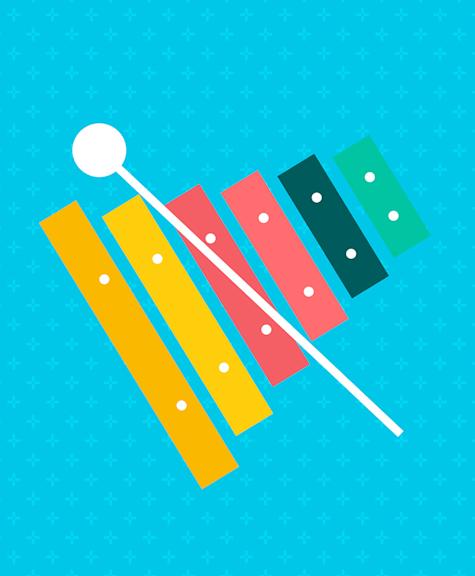
22-Month-Old Development Milestones: Toddler Month by Month
Your 22 Month Old Baby's Growth and Development - YouTube
22 Months Old: Baby Growth, Development, Food & Activities/babys-first-year-09-5b7c1627c9e77c0057ce00b2.png)
Your 3-Month-Old Baby: Development & Milestones
22 Months Old - Toddler / Child Development, Milestones & Stages
Healthy Habits to Master in Your Baby's First Two Years - HealthyChildren.org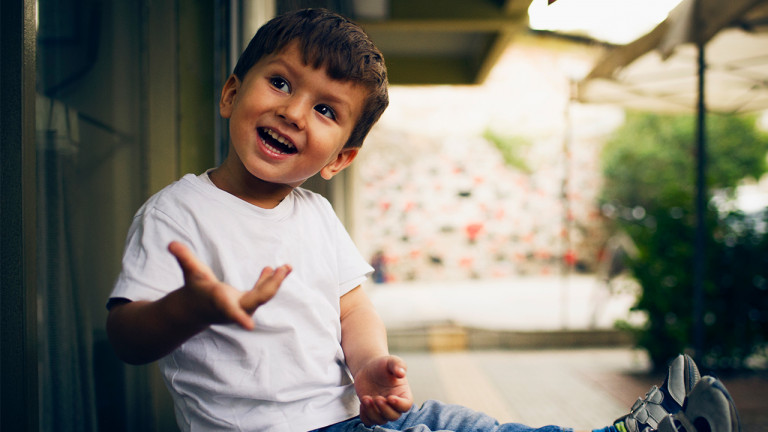
Your toddler: 22 months old
Baby Developmental Milestones Chart - 0 to 36 Months Free Download
22 Months Old: Baby Growth, Development, Food & Activities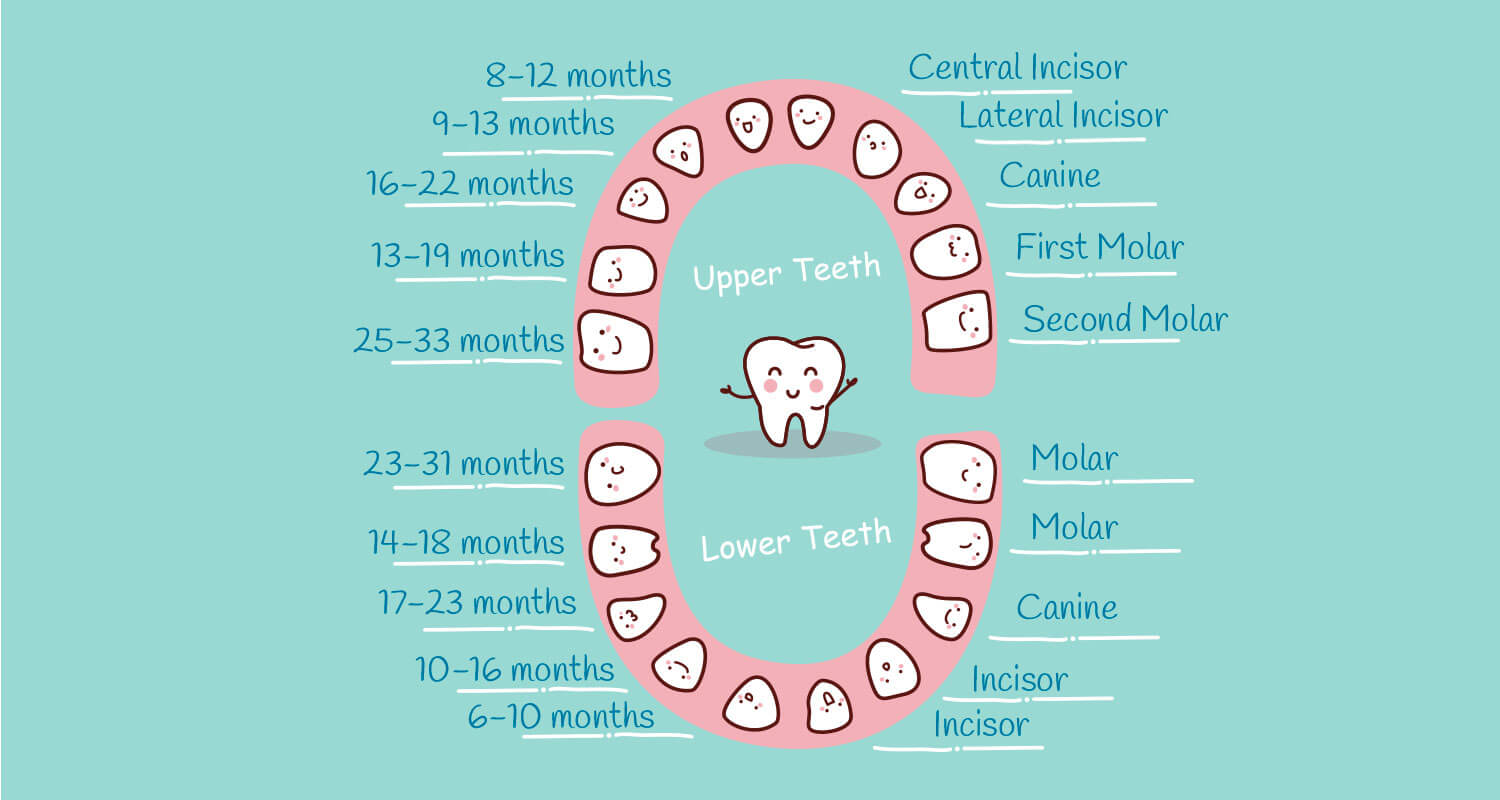
Baby Teething Chart: What Order Do They Come In? | Mama Natural
22 Month Old: Milestones and development | BabyCenter
Developmental Milestones for All Ages | Milestone Tracking | Developmental milestones, Child communication, Language development milestones
22 Month Old Baby Milestones & Development - SleepBaby.org
22 Month Old Baby Development Milestones I Emma's Diary - YouTube
22 Month Old Toddler | Kingdom Of Baby
Baby Development: 22 Month Old Baby Milestones | Huggies SG/babys-first-year-13-5ba291d046e0fb0050f4d7a3.png)
Your 7-Month-Old Baby: Development & Milestones/Your-toddler-s-development_-22months_1.jpg?ext=.jpg)
Your 22-Month-Old Toddler. Toddler Development Advice. - everymum
 22 Month Old Development And Milestones: What To Expect | theAsianparent
22 Month Old Development And Milestones: What To Expect | theAsianparent











/1449117-article-gifted-children-and-language-development-01-5aa81c37ba61770037a70b26.png)
/babys-first-year-13-5ba291d046e0fb0050f4d7a3.png)











/babys-first-year-09-5b7c1627c9e77c0057ce00b2.png)











/babys-first-year-13-5ba291d046e0fb0050f4d7a3.png)
/Your-toddler-s-development_-22months_1.jpg?ext=.jpg)
Posting Komentar untuk "22 month old development"